If you’re an economist or an enthusiast looking to understand the Barbadian economy, you’ve landed at the right place. Just as the “Barbados and Slavery: The Unforgettable Legacy” article unveils the island’s historical aspects, this blog post aims to paint a comprehensive picture of Barbados’s economic landscape.
So, brace yourself for an exciting exploration of the economic journey of this Caribbean gem!
An Overview of Barbados’s Economy: Then and Now
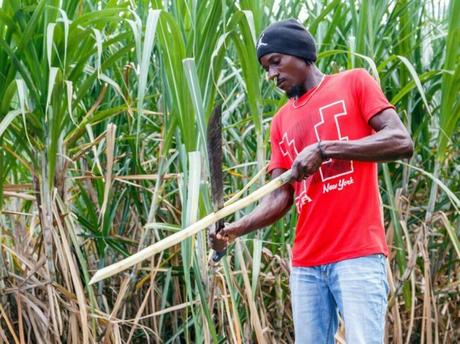
Barbados, fondly referred to as “Bim” by locals, has come a long way from the sugar plantation economy that defined its early years.
Today, the island nation, despite its size, boasts an economy that’s impressively diverse and resilient.
Following the abolition of slavery, Barbados initially faced economic struggles. Yet, through determination and innovation, the country has transitioned from a monoculture economy dependent on sugar to a dynamic, mixed economy.
The pillars of the Barbadian economy are tourism, international business services, manufacturing, and agriculture, with tourism being the primary driver.
The Tourism Industry: Barbados’s Golden Goose
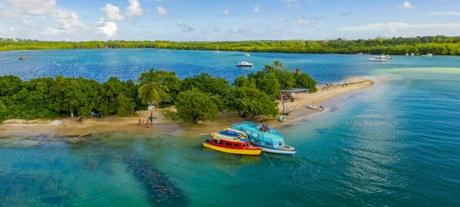
Tourism has been the backbone of Barbados’s economy since the 1970s. It’s the golden goose that keeps giving, contributing nearly 40% to the island’s GDP and providing jobs to about half of the population. The country’s pristine beaches, clear turquoise waters, and vibrant cultural life make it a popular destination for holidaymakers worldwide.
But tourism isn’t all sun, sea, and sand. It’s also about providing top-notch services, and Barbados does this well. In 2019, Barbados was named the world’s top destination for visitor satisfaction by the Destination Satisfaction Index (DSI). This recognition speaks volumes about the quality of service offered by the island nation.
The Role of International Business Services

Moving beyond tourism, the international business services sector is another significant contributor to Barbados’s economy. The country has established itself as a favored domicile for international business entities, thanks to its robust legal and regulatory framework, skilled workforce, and modern infrastructure.
Barbados has over 4,000 international businesses registered, ranging from financial services to information technology companies. These businesses bring in substantial revenue and provide high-paying jobs, contributing to the overall economic growth.
The Policy Environment: A Business-Friendly Nation

Barbados’s policy environment plays a crucial role in shaping its economy. From taxation to ease of doing business, let’s delve into some key aspects:
Taxation Policies
Barbados has made significant strides in reforming its taxation policies to foster economic growth. The corporate tax rate is set at a competitive 5.5% to 1% on sliding scale, which is attractive for both local and international businesses. Additionally, the country has eliminated all forms of harmful tax practices, aligning itself with international tax standards.
Ease of Doing Business
When it comes to ease of doing business, Barbados has been making consistent efforts to improve. As of 2023, it ranks 128th globally in the World Bank’s Doing Business report. The country is striving to enhance its rank further by simplifying business registration processes, improving access to credit, and providing better protection to minority investors.
Foreign Investment Policies
Barbados has always been welcoming to foreign investment. The country offers several incentives to foreign investors, including no restrictions on the repatriation of profits and capital, exemption from import duties on machinery and raw materials, and access to a network of Double Taxation Agreements.
Manufacturing and Agriculture: Vital Cogs in the Economic Wheel
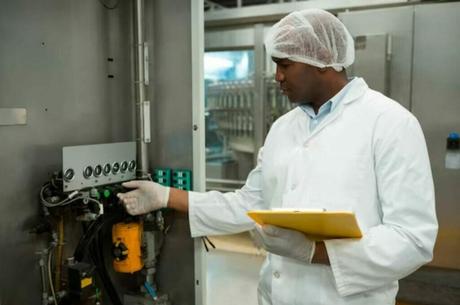
Manufacturing and agriculture might not be as flashy as tourism or international business services, but they remain vital components of Barbados’s economic machinery.
The manufacturing sector, primarily focused on rum, sugar, and a variety of light manufacturing goods, contributes approximately 5% to the GDP. Meanwhile, agriculture, once the dominant sector, still holds importance. It provides local food supplies, reduces import dependency, and offers employment to a portion of the populace.
Government Initiatives: Steering Towards Recovery and Growth
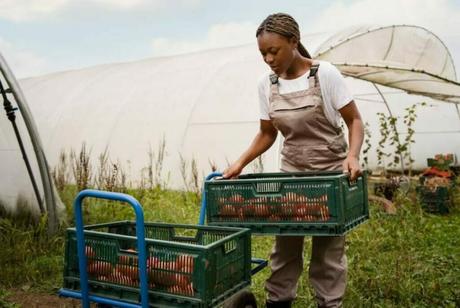
Post the COVID-19 crisis, the Barbadian government has undertaken several initiatives to stimulate recovery and drive growth across sectors:
- Boosting Tourism: The government launched the “Barbados Welcome Stamp” initiative, allowing international visitors to work remotely from the island for up to 12 months, thereby boosting tourism revenue.
- Promoting International Business Services: The government is actively promoting Barbados as a global business hub, offering attractive incentives for international businesses to establish operations in the country.
- Investing in Manufacturing and Agriculture: Investments in technology and infrastructure are being made to modernize these sectors, thereby improving productivity and competitiveness.
The Future: Embracing Sustainability and Innovation

Looking ahead, Barbados has its eyes set on a sustainable and innovative future. The government is encouraging renewable energy initiatives, with a target of achieving 100% renewable energy and carbon neutrality by 2030.
Moreover, Barbados is also exploring the potential of the digital economy, with initiatives to digitize public services and foster innovation in the tech sector.
Challenges and Resilience: The Barbadian Way
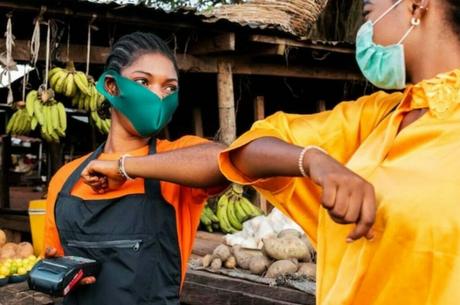
Like all economies, Barbados faces its share of challenges. The country is susceptible to global economic trends, given its reliance on tourism and international business services.
For instance, the COVID-19 pandemic significantly impacted the tourism industry. However, Barbados demonstrated resilience by introducing novel initiatives like the 12-month Barbados Welcome Stamp, which allowed people to work remotely from the island.
Success Stories: The Barbadian Business Landscape

The Barbadian business landscape is dotted with success stories, which serve as tangible proof of the country’s economic vitality:
- Mount Gay Rum: As the world’s oldest rum distillery, Mount Gay has been producing rum in Barbados since 1703. Despite the challenges of the pandemic, the company leveraged its strong brand and loyal customer base to maintain its market position.
- Crane Resort: Despite the hit to the tourism sector during the pandemic, the Crane Resort, one of the oldest and most iconic resorts in Barbados, used the downtime to invest in renovations and staff training. When travel restrictions eased, the resort was ready to welcome guests with improved facilities and services.
Key Economic Indicators: The Numbers Speak
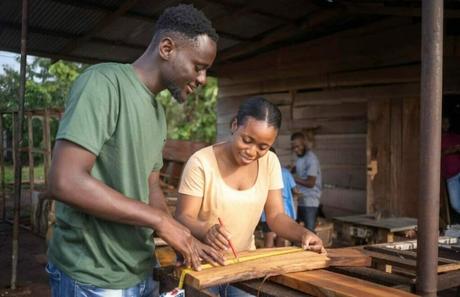
Numbers tell a story, and in economics, they often form the heart of the narrative. For Barbados, these key indicators reflect a tale of resilience and gradual recovery:
- GDP Growth Rate: After a period of economic contraction due to the COVID-19 pandemic, Barbados is back on a growth trajectory. As of 2022, the GDP growth rate stands at 3.5%, reflecting a rebound in tourism and international business services.
- Unemployment Rate: The unemployment rate, an important indicator of economic health, stood at approximately 12% in 2022. While relatively high, this marks a substantial improvement from the peak of the pandemic.
- Inflation Rate: Barbados has maintained a relatively low and stable inflation rate. As of 2022, it stands at around 2.5%, ensuring that the cost of living remains stable for its residents.
FAQ

How Is The Economy In Barbados?
The economy of Barbados is considered relatively stable, marked by moderate economic growth and a robust tourism sector. The nation has successfully recovered from the global economic downturn caused by the COVID-19 pandemic, with key sectors such as tourism and international business services showing resilience.
Is Barbados Economically Developed?
Barbados is classified as a high-income economy by the World Bank, indicating its economic development. The nation demonstrates strong performance in several areas, including education, healthcare, and infrastructure, contributing to a high standard of living for its citizens.
What Are The Economic Resources Of Barbados?
Barbados’s economic resources are primarily centered around its service sector, with tourism playing a dominant role. Other significant resources include international business services, light manufacturing, and agriculture, with the latter traditionally focused on sugar production.
Is Barbados A Rich Or Poor Country?
Barbados is considered a high-income country by the World Bank, indicating a relatively high standard of living. However, wealth distribution varies, and while the country does well on many development indicators, it still faces challenges such as unemployment and the need for further economic diversification.
What Was Barbados’s Main Economic Export?
Traditionally, sugar was the main economic export of Barbados. However, over the years, the nation’s economy has diversified significantly, and while agricultural products like sugar and rum are still exported, services, particularly tourism and international business services, play a more dominant role in the economy today.
Barbados Economy Conclusion: A Testament to Resilience and Adaptability
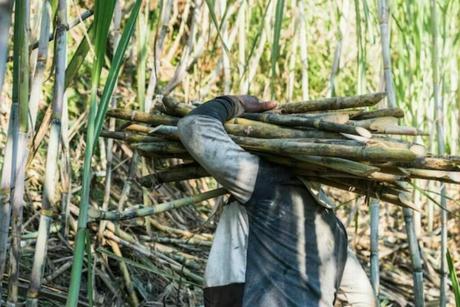
Understanding the Barbadian economy is, in essence, a testament to the country’s resilience and adaptability. Despite its small size, Barbados has built a robust and diverse economy. It has managed to weather global economic downturns, capitalize on its strengths, and continuously adapt to changing circumstances.
The path hasn’t always been easy, and the road ahead won’t be either. As the world evolves, Barbados will need to navigate new challenges, such as climate change, technological disruptions, and economic uncertainties. Yet, if history is any guide, we can expect Barbados to meet these challenges with the same resilience and innovation that have defined its economic journey thus far.
So, whether you’re an economist or an enthusiast, the Barbadian economy offers a rich tapestry of insights. It’s a story of transformation, adaptation, and resilience — a story that will continue to unfold in the years to come.
As we conclude this overview of the Barbadian economy, it’s clear that the journey of this island nation is far from over.
And as they say in Bajan dialect,
“We ain’t done yet!”
From tackling sustainability to digitizing the economy, Barbados is continuously reinventing itself. So, stay tuned as we continue to observe and learn from this Caribbean powerhouse’s economic evolution.
Barbados, with its rich history, diverse economy, and dynamic future, provides a case study in economic resilience and adaptability. It’s a shining example for small nations worldwide, showing that size isn’t a barrier to economic success.
Rather, it’s about leveraging strengths, adapting to changes, and constantly striving for progress. In the world of economics, as in life, Barbados teaches us that resilience and adaptability are the keys to success.
So, here’s to Barbados – a small island with a big economic story!
From its sugar plantation past to its tourism-dominated present and its sustainability-focused future, Barbados’s economic journey is a fascinating tale of resilience, innovation, and evolution. And as economists and enthusiasts, we can’t wait to see what the next chapter holds!

